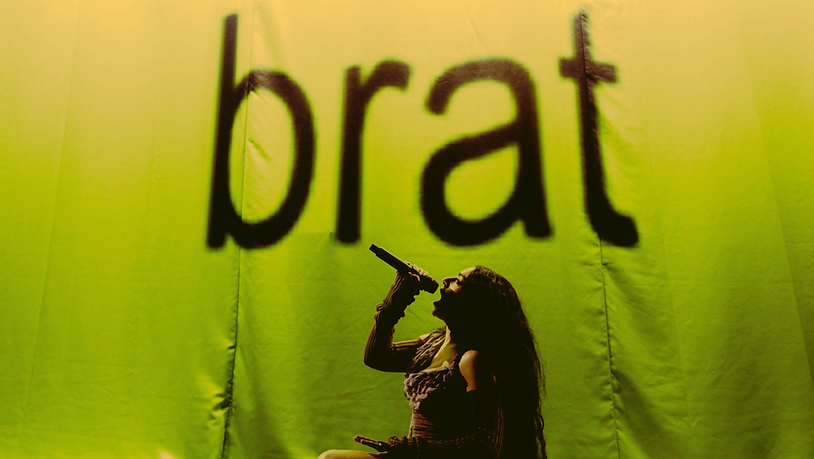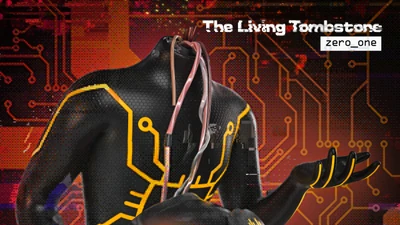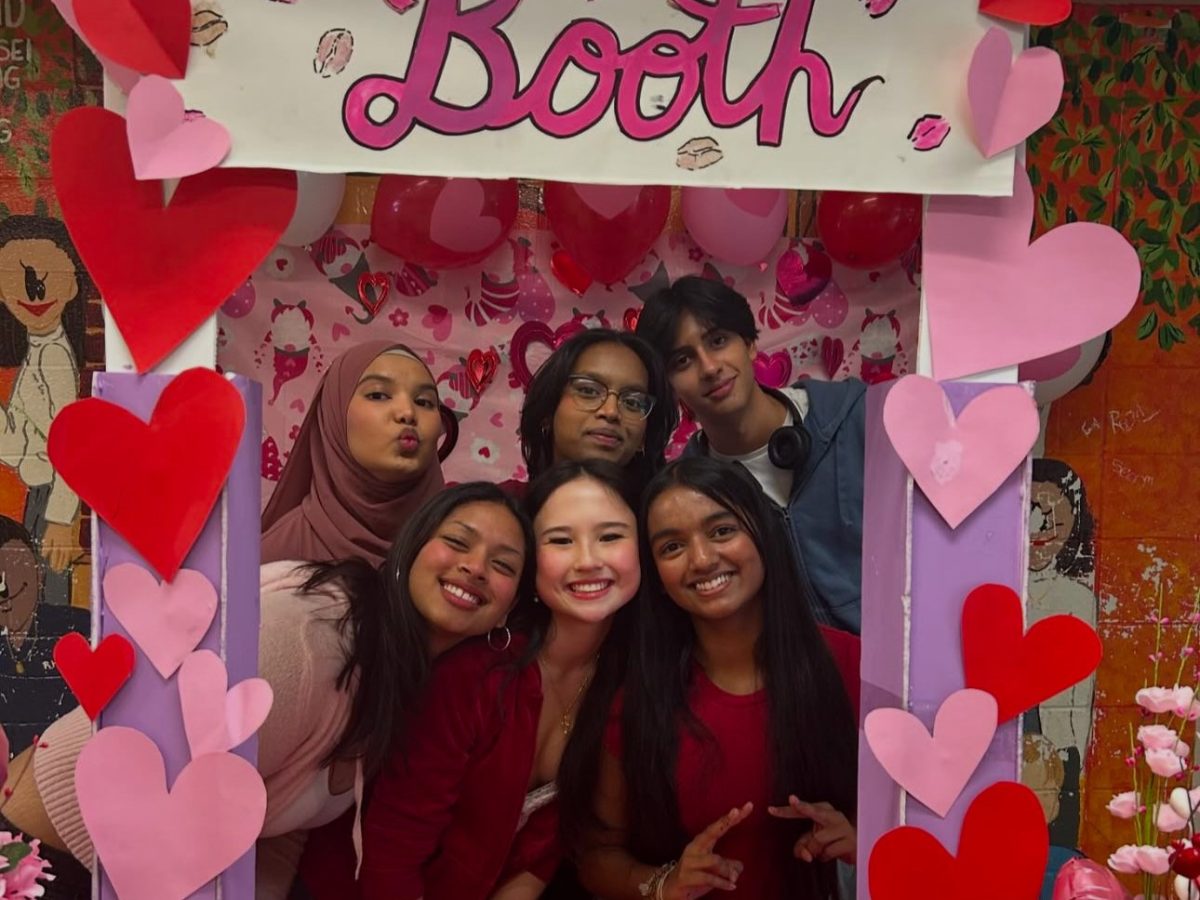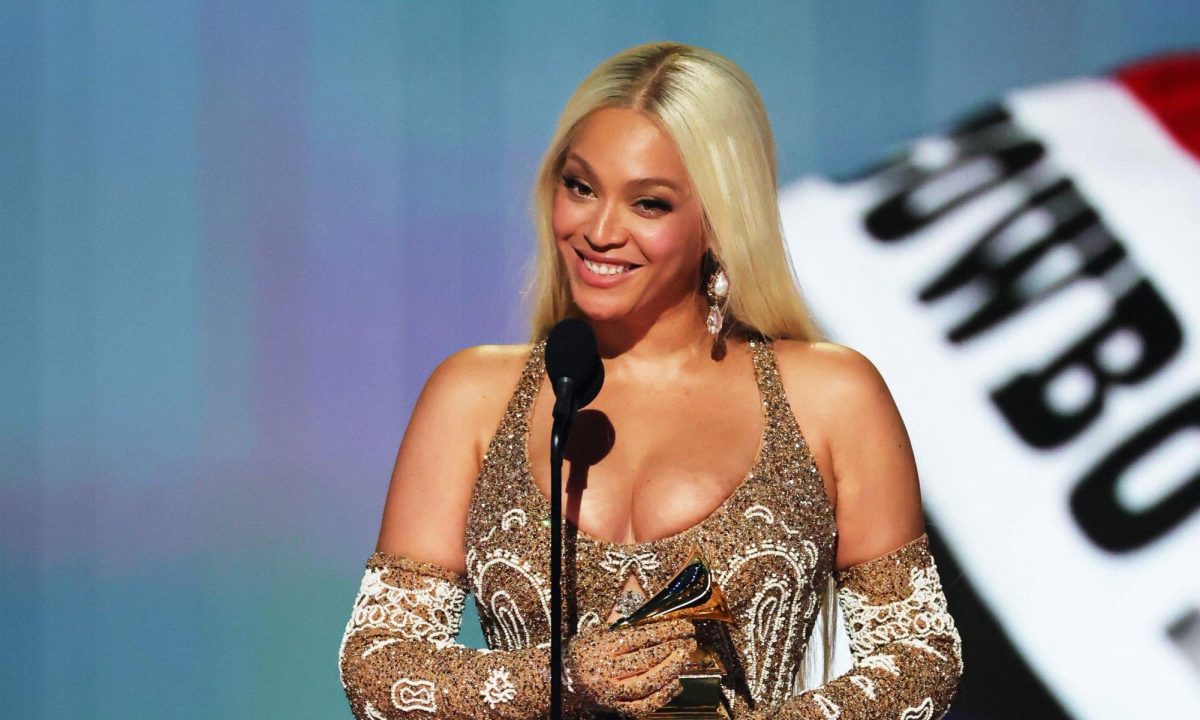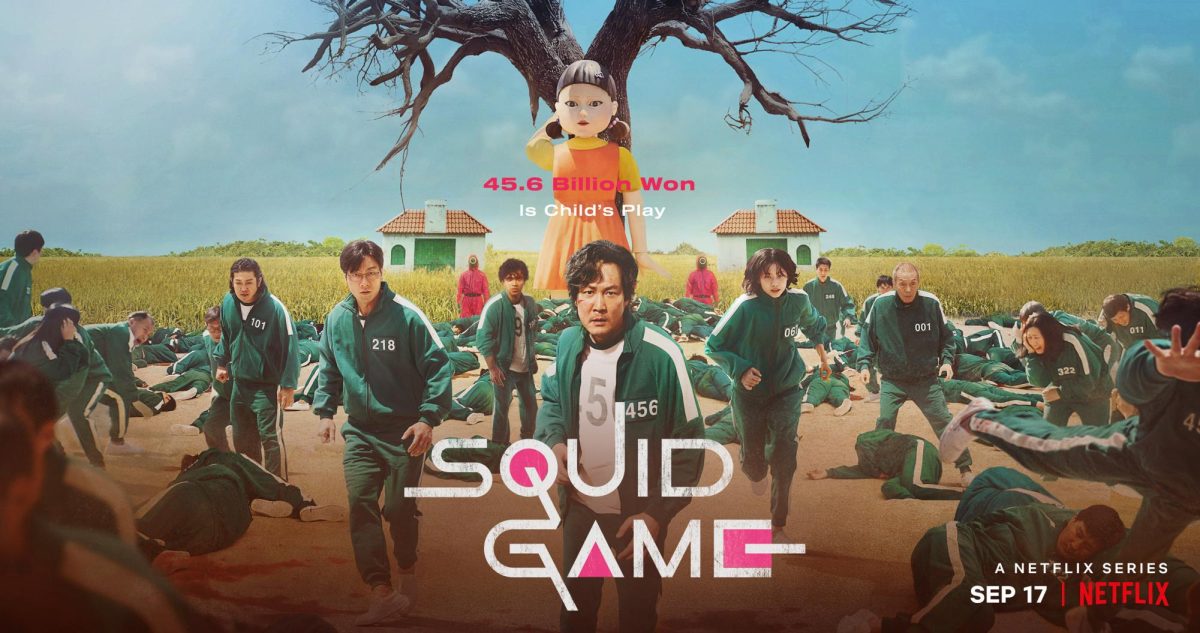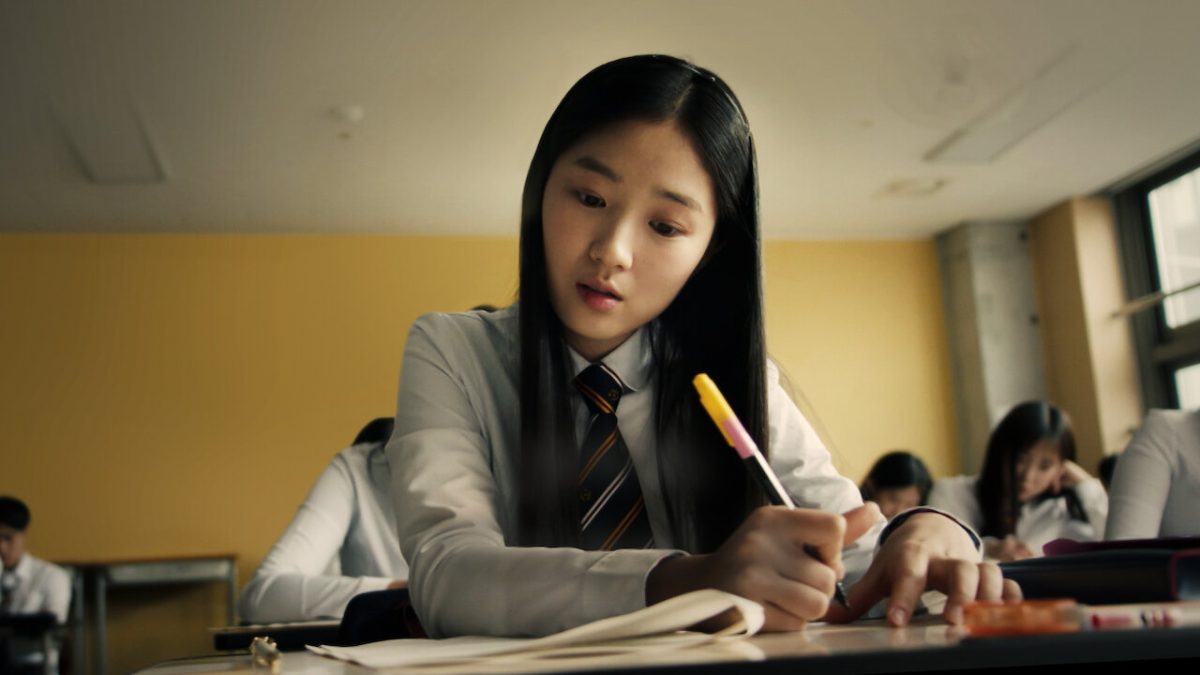On June 7th, 2024, singer-songwriter and pop star Charli XCX released her sixth album, BRAT. The album cover, which features “brat” spelled out in blurry lowercase letters on a lime-green square, immediately garnered attention for its unconventional design, which the media describes as “abrasive” and “rotten”. Despite its simple appearance, the album cover took five months, with over 65 shades of green being tested. “Brat green” is loud and annoying in an era of pop where polished aesthetics and subtlety often dominate. Of the album’s cover colour, Charli XCX says, “I wanted to go with an offensive, off-trend shade of green to trigger the idea of something being wrong. I’d like for us to question our expectations of pop culture—why are some things considered good and acceptable, and some things deemed bad? I’m interested in the narratives behind that and I want to provoke people. I’m not doing things to be nice (Vogue Singapore, 2024)”.
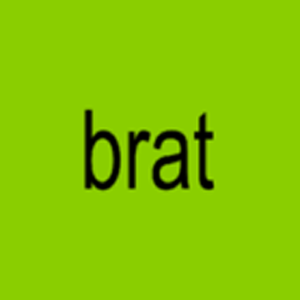
The album cover perfectly encapsulates the essence of its songs—a chaotic blend of hyper-pop, EDM, and club music, that doesn’t stray far from her signature sound. Since her first mainstream hits, “I Love It” and “Boom Clap”, Charli has shifted away from the more accessible, radio-friendly pop that initially brought her widespread fame—and yet her reputation has only grown. Over the years, she has embraced a more experimental, unfiltered approach that challenges the conventions of pop music. BRAT fully immerses itself in this chaos, with abrasive sounds, glitchy beats, and vulnerable lyrics.
The fifteen tracks on BRAT showcase the self-conscious side of a pop star whose image was so often associated with a sense of confidence and unapologetic bravado, while simultaneously affirming her status as a trailblazer. On “I might say something stupid”, Charli reveals the cracks in her “party girl” persona over soft, Radiohead-esque instrumentation: “I snag my tights out on the lawn chair / Guess I’m a mess and play the role”. Throughout the album, she conveys this sense of not fitting into the archetypes of fame that surround her in the pop industry, and feeling intimidated in a place where she should feel welcome.
In “Sympathy is a knife”, Charli explores themes of jealousy and obsession about her peers in the pop industry over jagged synths and auto-tuned howls. She spirals over someone who brings out her “insecurities” and confronts the difficulty of maintaining authenticity in relationships while struggling with feelings of inadequacy and constant comparison: “I couldn’t even be her if I tried / I’m opposite, I’m on the other side / I feel all these feelings I can’t control”. She reflects on similar themes of the claustrophobic nature of the harsh, interconnected world of pop stars in “Girl, so confusing”, sung in a fragmented, monotone, conversational style over a heavy bass synth that makes it hard to tell whether she’s annoyed or anxious: “Can’t tell if you wanna see me / Falling over and failing / And you can’t tell what you’re feeling / I think I know how you feel”.
The heavier themes on BRAT are balanced out by its more playful and high-energy tracks. Charli has been known to take pop clichés and exaggerate their seeming mindlessness into a track so infectious that it transforms into a commentary on the pop genre itself. The album’s opening track “360” and closing track “365” burst with punchy bass lines and addictive beats to create pure, danceable, pop tunes. Similarly, “Club classics” and “B2b” pay homage to the messy rave scene of the 2000s, with cheeky lyrics and electrifying hooks that create the perfect pop soundscape.
Meanwhile, tracks like “Apple” and “Rewind” blend introspective lyrics with vibrant production. In “Apple” she explores generational trauma and her relationship with her parents: “I think the apple’s rotten right to the core / From all the things passed down / From all the apples coming before”. She’s reflecting on the cycle of trauma and how it goes further back than just her parents. At her core, she now carries the trauma that they both passed down to her, and it scares her. In “Rewind”, Charli grapples with whether she measures up to industry standards and whether her worth should be determined by her commercial achievements: “I used to never think about Billboard / But, now, I’ve started thinking again / Wondering ‘bout whether I think I deserve commercial success”.
BRAT being Charli’s most successful album to date is no surprise, given its groundbreaking production, raw lyrics, and novel approach to pop music. The album’s exploration of personal and societal themes set it apart in a genre dominated by formulaic trends and self-indulgent lyrics. Charli’s ability to challenge traditional pop themes while simultaneously achieving commercial success proves that bold risks and genuine self-expression can redefine mainstream success.
‘Brat and it’s completely different but also still brat’, BRAT’s remix album, will be released on October 11.


